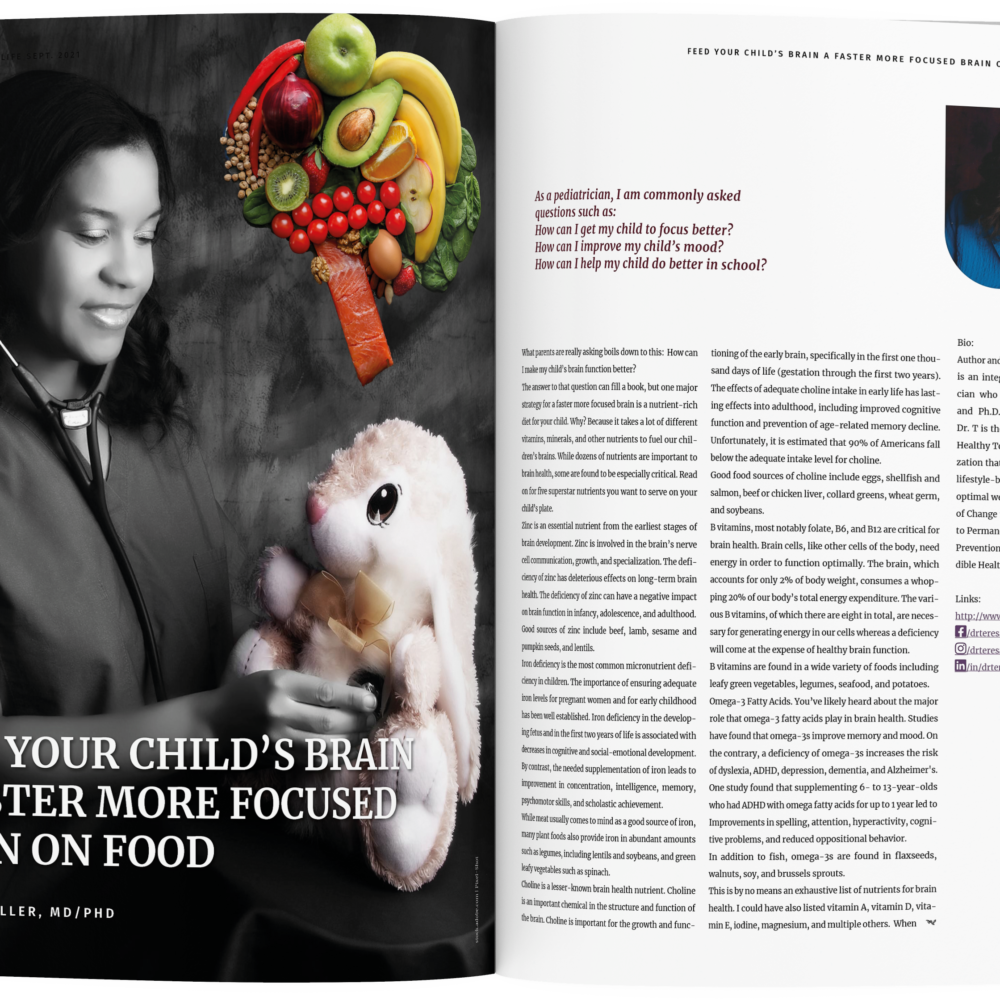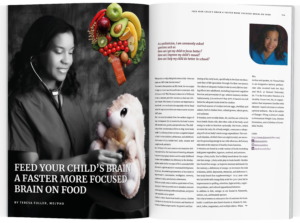“Change 1 Thing” Challenge
Have You Accepted the Challenge?
Take One Year to Develop a Lifetime of Optimal Health!
“Change One Thing” is a 12 step process over one year to help you achieve your health goals. You simply commit to make one change in your lifestyle every month, so that by the end of the year, you will have completely transformed to a healthy lifestyle. Are you willing to take the challenge?
Your October Challenge (should you choose to accept it):
“I Will Restrict My Media Diet”
How is television (and other media) making us unhealthy?
Advertisements.
- Several studies looked at food advertising on tv. One study found that during Saturday morning television aimed at kids, 91% of foods advertised were high in fat, sodium or added sugars and low in nutrients.
- Another study found that if you eat a diet consisting of the foods advertised during prime time and Saturday mornings, you will eat 25 times the recommended servings of sugar, 20 times the recommended servings of fat, and less than half the recommended servings of fruits, vegetables and dairy. The food promoted also contains low quality grains (ie mostly refined, low-fiber grains), and a deficiency of many important minerals and vitamins such as calcium, magnesium and vitamin E.
- Content: The content of television has changed; it’s now much more fast-paced and flashy. A recent study showed that just 9 minutes of watching fast-paced cartoons resulted in a significantly worse performance on executive functioning tasks (like organization and time-management) compared to the same amount of time watching educational programming or drawing.
- Time: Five hours of television daily adds up to 35 hours per week, almost equivalent to a full-time job, thereby monopolizing time that could be used doing more family-friendly and healthy activities
- Impact on Mental Health: Increased screen time is associated with attentional problems and poorer school performance.
- Health: TV and video game time compete for physical activity, and therefore contribute to overweight. Studies have found that kids who watch too much television, and get too little physical activity are 3 to 4 times more likely to be overweight than kids who follow the recommended time in front of a screen and being active.
So what should our media diet be?
- For kids less than 2, the American Academy of Pediatrics recommends no screen time. Children in this age group learn much more effectively by interacting with a person rather than a screen.
- For kids older than 2, no more than 2 hours of good-quality programming per day.
- Adults: No official recommendation, but be the role-model by limiting your own screen time
What can you expect from this one change?
- Weight loss: by replacing screen time with more physical activity, you will be on your way to achieve a healthy weight
- Improved mood: Physical activity releases hormones that improve our mood
- Better school performance and reading ability
Suggestions to make it happen
- Give your children fun alternatives to screen time
- Keep children’s bedrooms television free
- Turn the tv off at bedtime
Don’t forget to continue your:
January habit of drinking at least 8 glasses of water per day (1/2 your weight in ounces of water per day)
February habit of eating 7 to 9 servings of fruit and vegetables per day
March habit of replacing refined white foods with whole grains
April habit of exercising for at least 30 minutes 3 times per week
May habit of detoxifying your system daily
June habit of sleeping for 7 to 8 hours each night
July habit of Eating early, eating often and stopping before it’s too late!
August habit of Increasing Omega 3 Fatty Acids in your diet
September habit of sharing a home-cooked meal with my family at least 3 times per week











